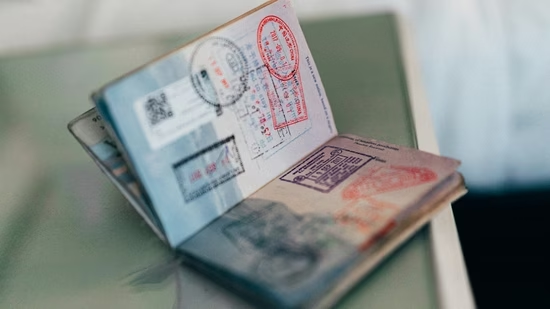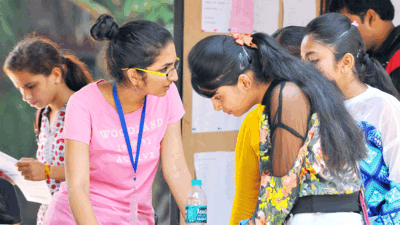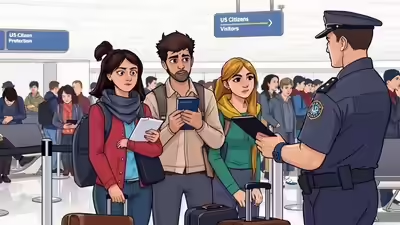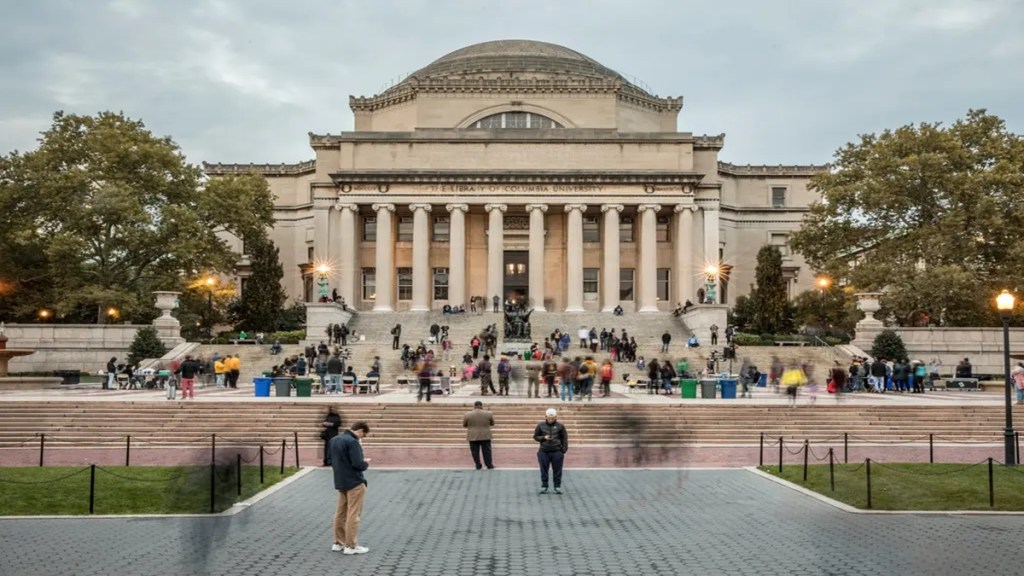As the Donald Trump administration continues to change its rules, Indian students studying in the US will soon be subject to more scrutiny and visa limitations.
The Department of Homeland Security’s planned changes are expected to make it more difficult for foreign journalists, exchange visitors, and international students to pursue education, work, or report from the US. The expanding list of changes also includes new restrictions on changing colleges or courses, as well as more restrictions on the length of a visa and the OPT grace period.
New immigrants will only be permitted to transfer colleges after finishing one year of study under the recently restricted F1 student visa scheme. Indian students considering fall admission to the US are probably going to be affected by the rule, which is anticipated to be fully enforced in the next month or two.
Additionally, the new system will decrease the post-OPT grace period for overseas students and force students who desire to earn a second degree to secure a new visa.
Who has authority to alter their major or program under current regulations?
With a few exceptions, the Department of Homeland Security’s suggested modifications will guarantee that undergraduate students on an F-1 visa cannot alter their major or program during their initial academic year of study. Once admitted, graduate students on the same visa are not permitted to change their program or field of study in any manner.
While on an F-1 visa, students who have finished a program at a particular level are not permitted to enroll in a different one at the same or lower level.
The flexible mechanism that now determines visa duration based on program length will also be eliminated. Instead, students will receive fixed-term F1 visas based on their educational attainment.
Students to face additional scrutiny
During the application process, students pursuing an F1 visa will also be subject to more scrutiny. According to reports, the US Citizenship and Immigration Services has instructed agents to review each application’s conduct, immigration history, familial relationships, and any affiliation with terrorist or anti-American beliefs.
A visa may be denied or revoked for endorsing, promoting, or supporting terrorist organizations or anti-American or antisemitic views, as per the new guidelines. When granting student visas, officers are supposed to use discretionary analysis, which involves balancing both positive and negative elements.

